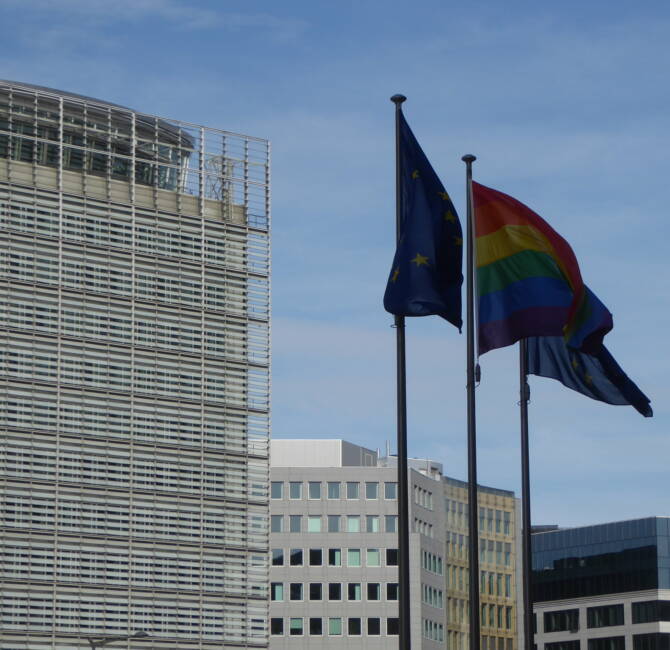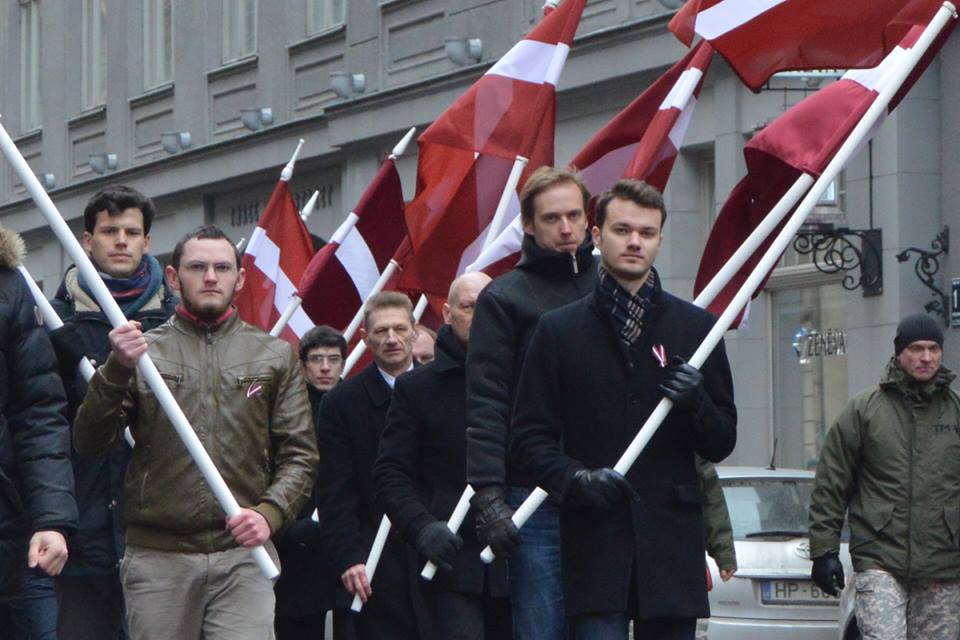Hungary / Poland / France – While in France, the statue of St. John Paul II in Ploërmel got controversial again, Poland and Hungary involved themselves in the case.
In Poland, 45,000 people have already signed a petition against the removal of the cross from the statue, requested by the justice of the French Republic. The petition, which “opposes an attempt to remove a cross from a public space and recalls the Christian roots of Europe”, is addressed to the main groups of the European Parliament and to the European Court of Human Rights.
In Hungary, last week, a school in the suburbs of Budapest volunteered to receive the cross if it were to be withdrawn. The director of the Catholic school Szent Benedek (Saint Benedict) of Budaörs, Gergely Czuczor, told the Hungarian press he was planning to contact the mayor of the French town to retrieve the cross, which meantime has been done via the embassy of Hungary in France. “We must let enlightened intellectuals in the West know that any persecuted Christian symbol can find refuge here,” the director added.
Polish and Hungarian governments got involved
Beyond personal and civic initiatives, once more illustrating a continent-wide break in the vision of European civilization, the governments of Poland and Hungary have seized the case.
Hungarian Foreign Minister Péter Szijjártó did not wish to comment on the decision of the Council of State of France, but stated that he regarded as “terribly harmful” any hypocritical decision referring to tolerance and aimed at repressing Christianity, and eliminate Christian symbols.
According to Péter Szijjártó, the “incredible sacrifice” under way in Europe, namely the repression of Christianity, is contrary to European interests. This kind of approach, commented the Hungarian minister, is to be considered as acts of liquidation of the culture and the civilization of the continent. The Hungarian Minister proposed to transfer the entire statue to Hungary, at the expense of his country.
In Poland, home of St. John Paul II and a very Catholic country, the case has even more symbolic importance. On Saturday, October 28, Prime Minister Beata Szydło declared that “John Paul II said that history tells us that democracy without values is transformed into open or camouflaged totalitarianism. Our great Pole, a great European, is a symbol of a Christian, united Europe. The dictate of political correctness – secularisation of the state – makes room for values which are alien to our culture, which leads to terrorising Europeans in their everyday life. The Polish government will try to save the monument of our compatriot from censorship and we will propose to move it to Poland if the French authorities and the local community agree.”




